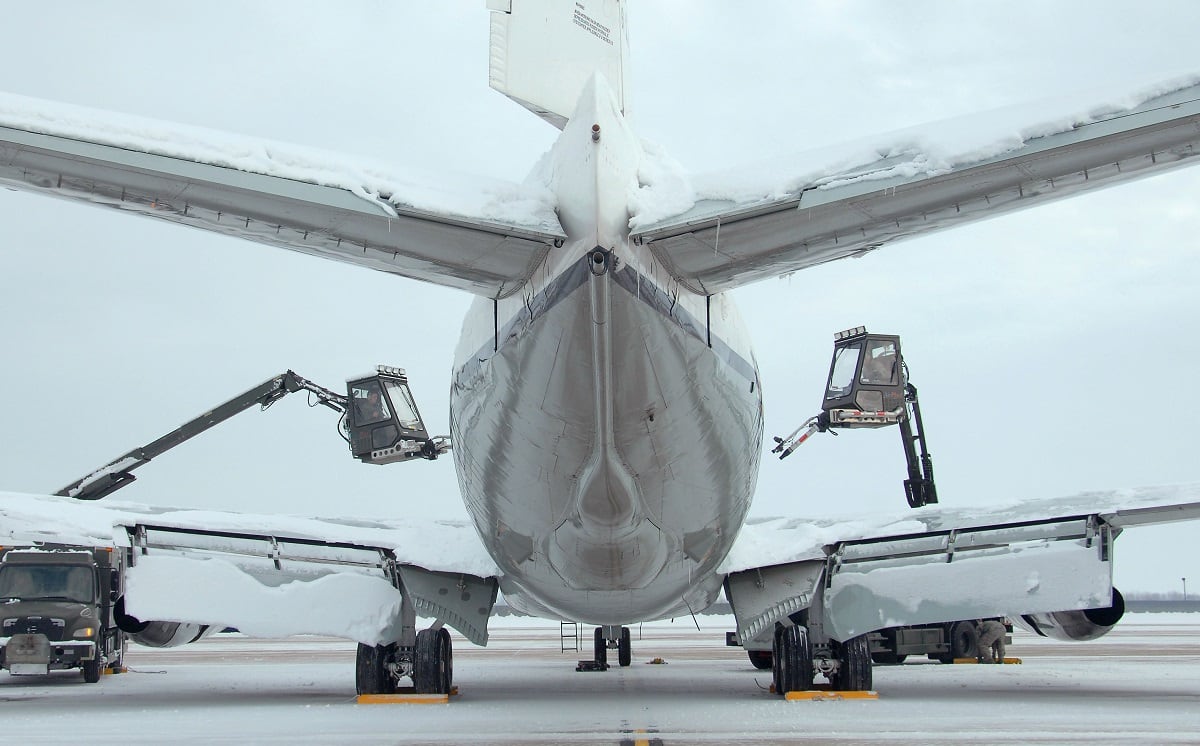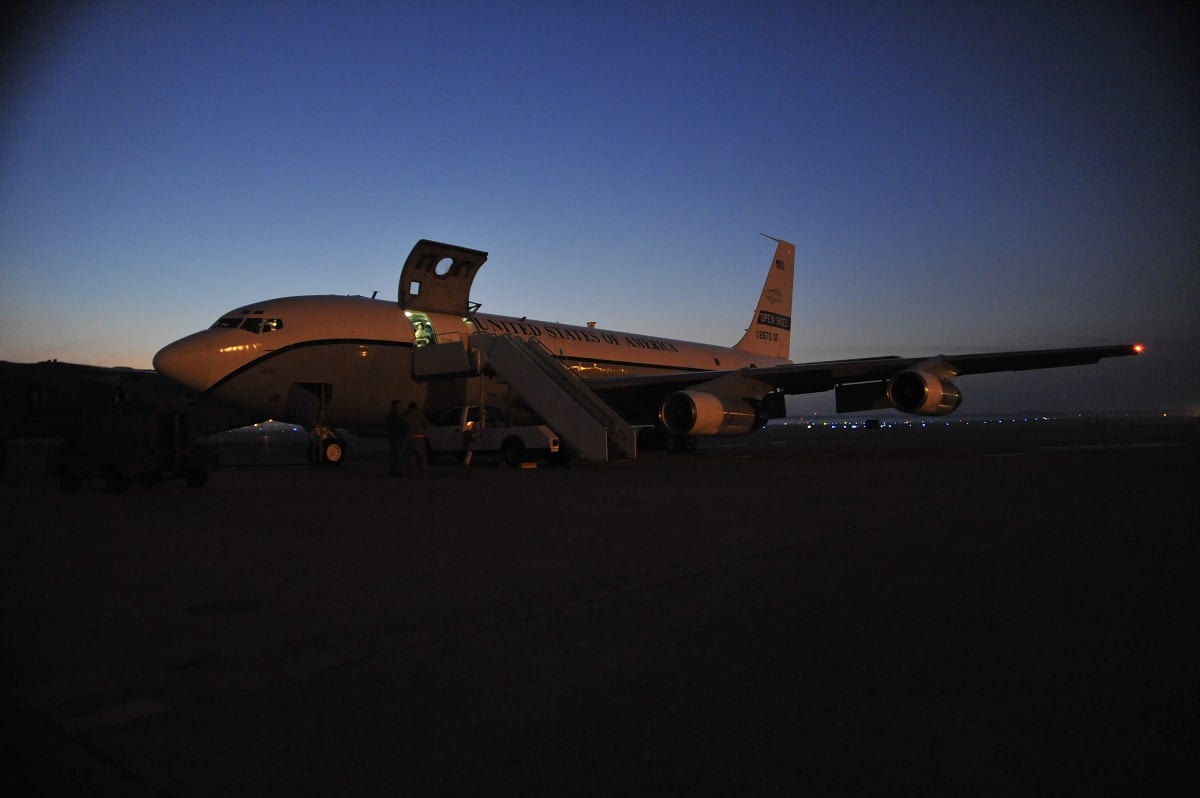WASHINGTON — A week after refusing to certify a Russian aircraft for use in Open Skies Treaty overflights, the U.S. has reversed course.
On Sept. 10, the U.S. declined to certify that equipment aboard a Russian Tu-214 was in compliance with the treaty, which allows the 34 members to fly over each other’s territory to verify military movements and conduct arms control measures. It was just the latest issue over Open Skies in recent years, which has seen both Russia and the U.S. block access to certain facilities.
However, on Sept. 18, the U.S. changed its mind and indeed certified the aircraft. Per a State Department official, the decision to certify followed “an extensive review and inspection process involving experts from the United States and many of our Allies and partners. This process has verified that the Russian aircraft and sensor meets all Treaty requirements for certification.”
The official noted, however, that there are no dates scheduled for a next flight, either from Russia or the U.S., due to the ongoing issues surrounding the treaty.
“We are actively working with our Allies and partners to strengthen the Open Skies Treaty and to resolve issues of mutual concern such as the impasse at the Open Skies Consultative Commission that continues to delay the commencement of treaty flights in 2018,” the official added.
RELATED

Speaking in front of the Senate Foreign Relations Committee on Tuesday, Andrea Thompson, undersecretary of state for arms control and international security, characterized the decision not as a refusal to certify, but a bid for more time to make a decision.
“We didn't fail to certify, we came back and had to consult with some additional technical experts, and I'd anticipate we will have a decision that within the next 24 hours,” Thompson said then, presaging the certification that would come the next day.
Advocates for the treaty have argued that it gives vital information to the U.S. and other allies about military troop movements in Russia, but critics counter that Russia uses the treaty to gain an upper hand on American forces.
Committee chairman Sen. Bob Corker, R-Tenn., summed up the state of play for Open Skies thusly during Tuesday’s hearing: “We haven’t had a flight all year. We can live without that data, but it hurts the 32 other countries that do not have the same alternative resources that we do.”
Earlier this year, Secretary of Defense Jim Mattis issued a letter of support for the treaty. Appearing alongside Thompson, David Trachtenberg, deputy undersecretary of defense for policy, reiterated the Pentagon’s support.
“I think the Open Skies Treaty clearly has been in the United States interests and certainly because of the transparency it provides the openness, the level of visibility of what other states are doing that it provides not only to us but to our allies as well,” Trachtenberg said.
But, he said, “We would much prefer to see the Russians get back into compliance with its provisions.”
Aaron Mehta was deputy editor and senior Pentagon correspondent for Defense News, covering policy, strategy and acquisition at the highest levels of the Defense Department and its international partners.





